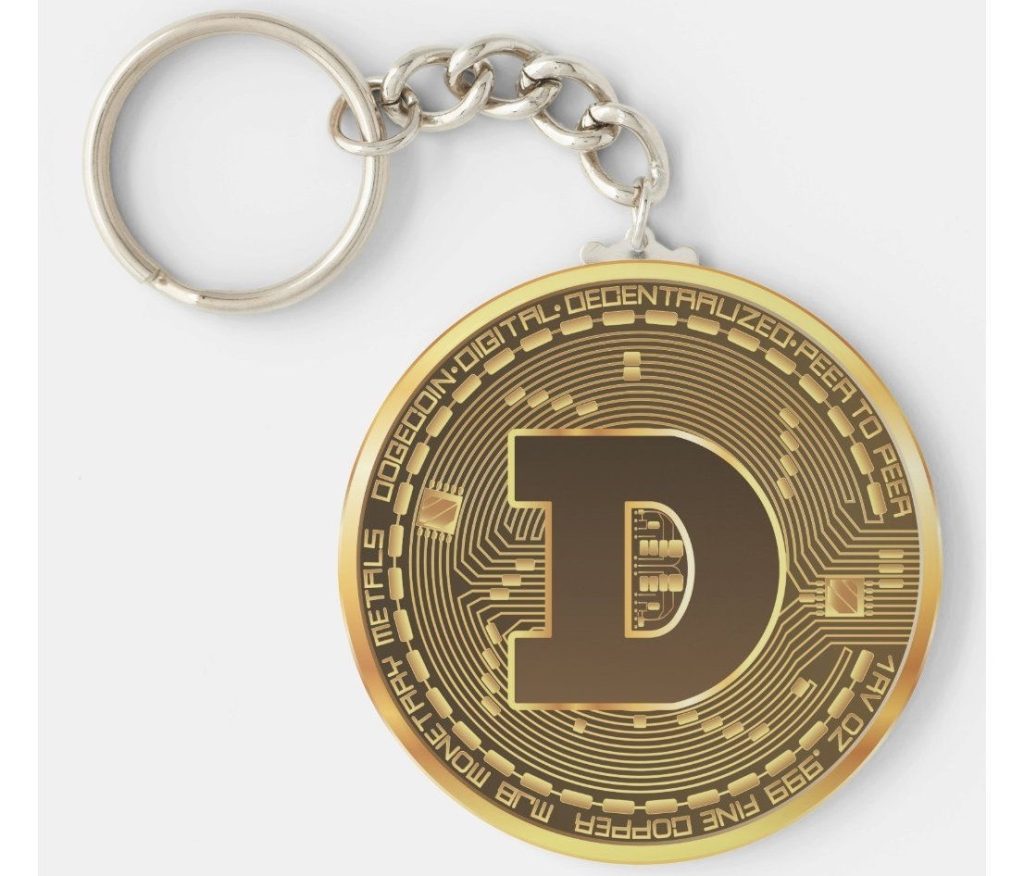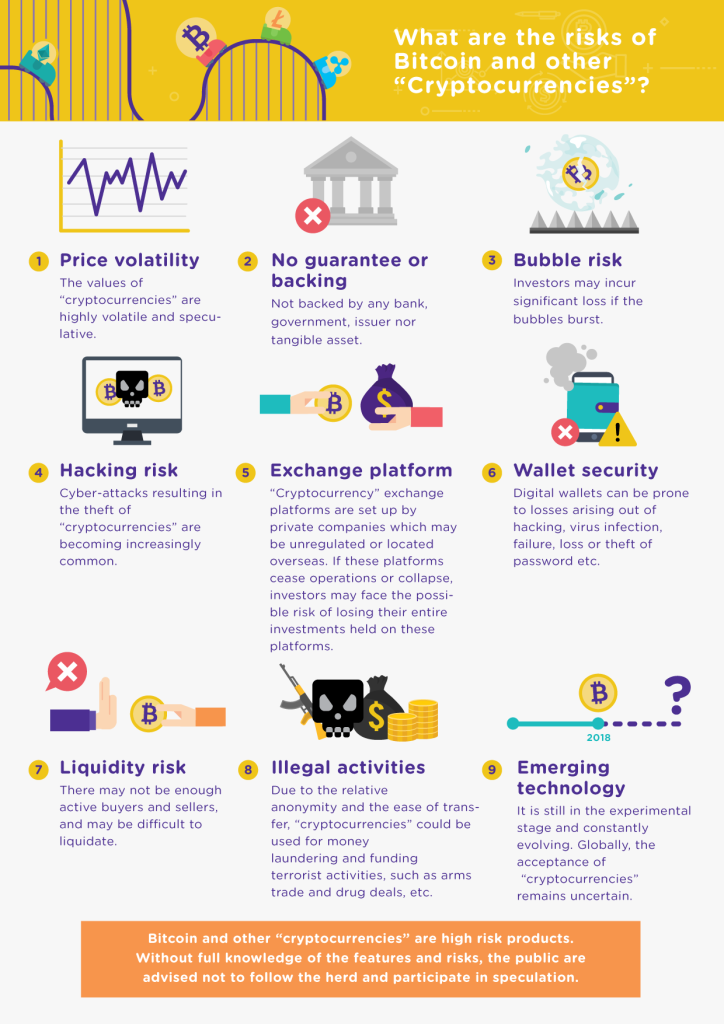Cryptocurrency is the newest fad in town that has caught the attention of investors. While crypto-mania has taken the world, including celebrities such as Snoop Dogg and billionaires such as Elon Musk, it’s important to understand its volatility that has discouraged many from investing in it.
One question people usually ask is, “is it worth the risk?” Let’s first understand this by keeping in mind the following factors:
Is Cryptocurrency Here to Stay?
Without a doubt, investing in cryptocurrency is a risky affair. The prices fluctuate greatly, but that doesn’t mean that a good investor cannot make money out of it. There are enough signs that digital currencies are here to stay even if they will not replace conventional money.
Infrastructure
Despite all the discussion about unpredictability and volatility around cryptocurrency tokens, infrastructure is being created quickly to make them more accessible and facilitate effective and efficient currency exchange among users and clients.
Is it a secure place to keep money?
The absence of a tangible form, which makes it impossible to print or confiscate, makes cryptocurrencies one of their finest qualities and may offer a secure place to deposit wealth. But we must never lose sight of the fact that they are still quite speculative, and there’s no assurance they will spread to the point where they displace traditional money.
Scams
Cryptocurrency scams are now quite regular. Additionally, there are numerous scams that deceive users into handing up their money, such as double tokens.
One of the most common scams is phishing.
Scammers send emails with suspicious links to a bogus websites to collect personal information, such as the private key for a bitcoin wallet. Users of digital wallets only receive a single, unique private key, instead of passwords. However, it is difficult to replace a stolen private key. Since each key is exclusive to a wallet, a new wallet must be made in order to change this key.
So be careful.
Cyber Attacks
Cryptocurrency exchanges are susceptible to hacking and are frequently the targets of other cybercrimes. Investors who had their digital currencies stolen as a result of security breaches suffered significant losses, which prompted many exchanges and third-party insurers to start providing insurance against hackers.
Cryptocurrency storage on a centralized exchange implies a lack of total control over your holdings. You might not have any options to get your money back if an exchange file for bankruptcy or freezes your assets in response to a government request. Furthermore, there is no assurance that a cryptocurrency project you fund will be lucrative. Thousands of blockchain projects are in intense competition, and many of them are nothing more than frauds. The majority of cryptocurrency initiatives won’t succeed in the end.
Crypto Market Volatility
Volatility in finance is the sudden price changes of an asset. It can be healthy with consistent price increases or drops within a broad range, and it can also be volatile with extreme price shifts in either direction are also possible.
Cryptocurrencies’ volatility is mainly driven by their newness. Cryptocurrencies are no different from other innovative ideas in that they require time to mature and gain acceptance. It is still early in the price discovery process because the asset class, the market, and investors/speculators are all still getting their bearings.
However, as an asset class, cryptocurrencies are not as widely acknowledged as more established assets like gold or stock, despite their recent rise to recognition (or notoriety) on a worldwide scale. Market maturity and rising acceptance go in hand. After this, the value of Bitcoin plummeted when Tesla said that cryptocurrency would not be accepted as a form of payment. However, Dogecoin’s value increased after Tesla CEO Elon Musk typed “Doge” in a tweet.

The Absence of a Controlling Agency
The majority of market followers of cryptocurrencies will concur that crypto volatility is on a completely another level. There are no indexes to measure the volatility of cryptocurrency prices, but you only need to look at past price charts to observe that compared to prices of assets in traditional markets, cryptocurrency prices experience more rapid and dramatic peaks and troughs.
For example, Bitcoin’s price increased by 125% in 2016 and by more than 2000% percent in 2017.
Many of the factors that cause price volatility in traditional markets also apply to cryptocurrencies. Price fluctuations in both the crypto and traditional markets are driven by news developments and speculative activity. But because crypto markets lack a strong ecosystem of investment firms and big trading businesses, their impact is exacerbated in crypto markets, which have less liquidity than traditional financial markets.
Increased volatility and a lack of liquidity can result in dangerous situations since they both feed off of one another. Most cryptocurrencies, aside from bitcoin, lack well-established and regularly used derivatives markets. Cryptocurrency prices occasionally display healthy volatility similar to that seen in traditional markets under the influence of day traders and speculators.
The Sentiment Factor
More investors will be aware of the elements affecting cryptocurrencies’ movement as they become more widely used and acknowledged. As investors purchase and sell primarily on sentiment until then, a large portion of the movement is speculative in nature.
Even those who are considering cryptocurrencies for the long term do so because they think the asset class will become more popular. For instance, Tesla’s CEO, Elon Musk clarified that he held Dogecoin since many SpaceX and Tesla employees do as well.
Many young individuals are investing in cryptocurrencies. Their goal is to invest quickly and make profits. Therefore, when they suffer a significant loss, they frequently leave the market, which increases market volatility.
Is crypto a good long-term investment?
Yes, according to affluent investors like pension funds, hedge funds, and banks. More people than ever before are investing in cryptocurrencies, and the titan of investment banking JP Morgan Chase suggested in February 2021 that investors think about investing 1% of their portfolio in bitcoin to diversify their holdings.
Many cryptocurrencies, like Bitcoin and Ethereum, are established with high goals that might be accomplished over very long time horizons. Even while the success of any cryptocurrency project cannot be guaranteed, early investors in a project that achieves its objectives could reap significant long-term rewards.
For example; if you had invested £310 to buy one bitcoin in April 2016, six years later your investment would be worth about £24,000. However, As investors avoid speculative assets in 2022 amid rising inflation and interest rates, the price of bitcoin has been declining amid a wider cryptocurrency sell-off.
The original cryptocurrency, Bitcoin, has a high long-term value since it has never been compromised and has always remained operational since it was first introduced. However, for any cryptocurrency initiative to be deemed a long-term success, it must achieve wide adoption.
Is cryptocurrency a good investment? Checklist
- Crypto investors should do their due diligence before investing in any cryptocurrency.
- Evaluate which cryptocurrency has the potential to change the world.
- Do not be swayed by new crypto creators and owners who explain that their coin has the potential to be the best and overshadow all other coins
- Be aware of crypto scams and take all the necessary precautions to avoid losing your investments.













